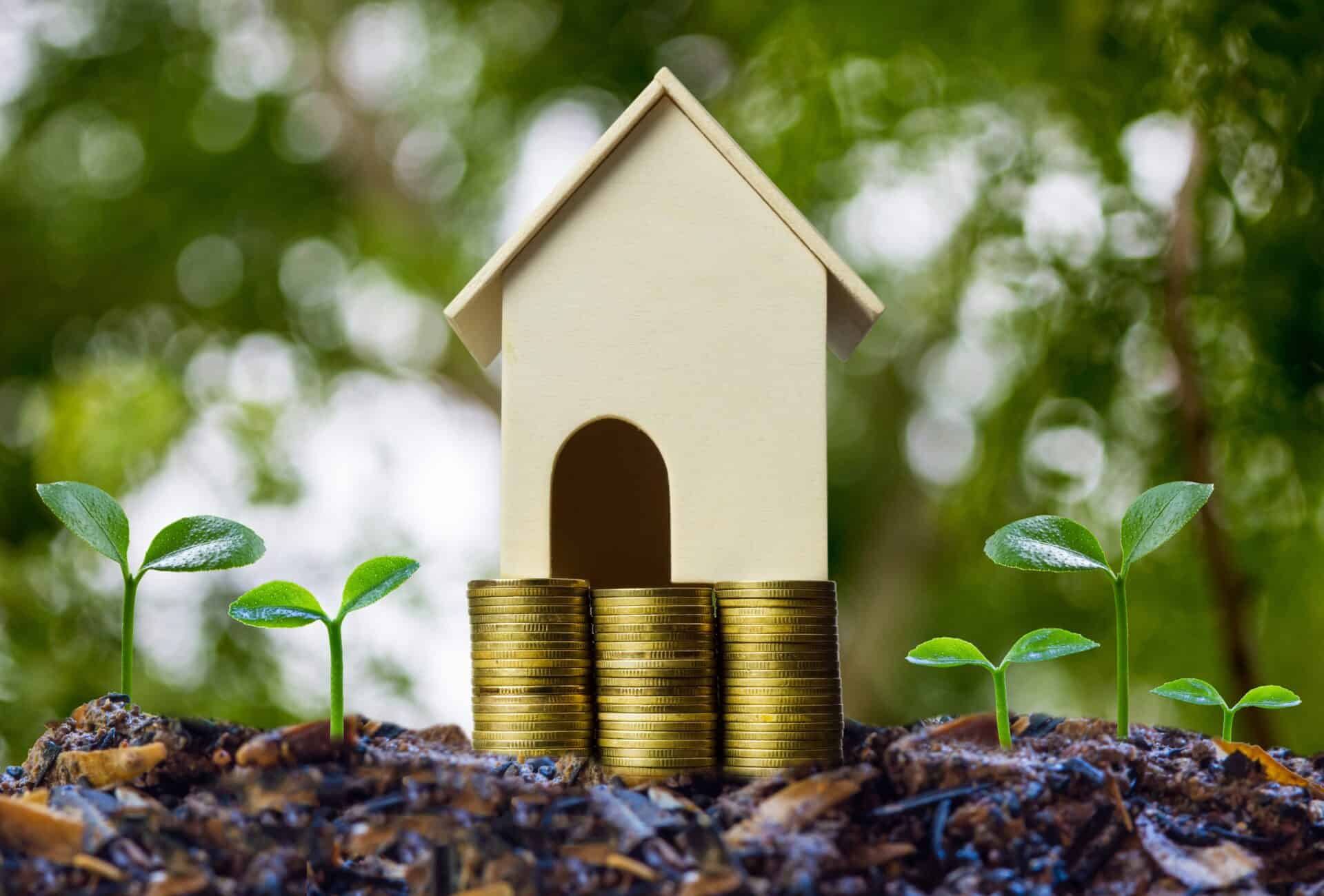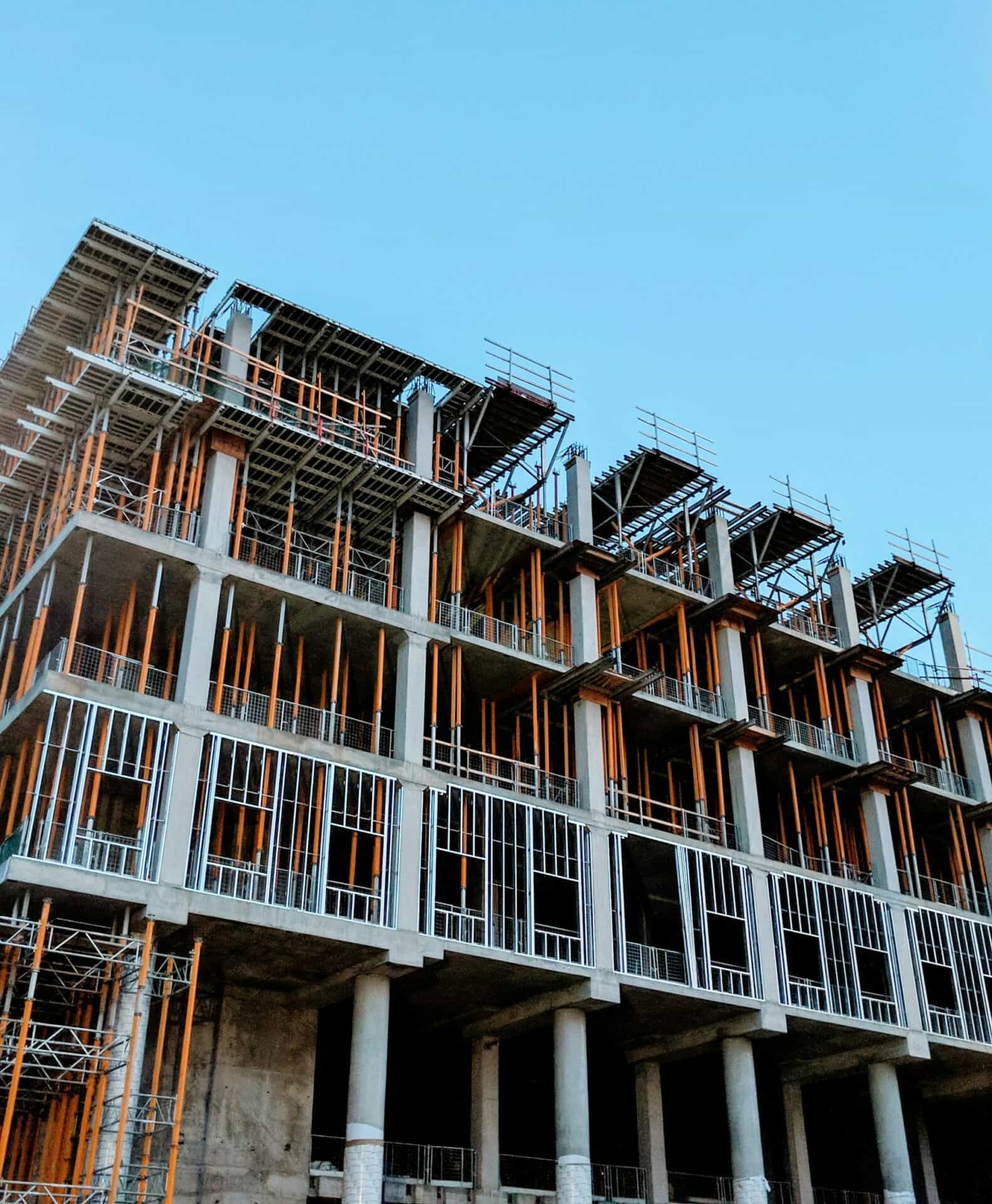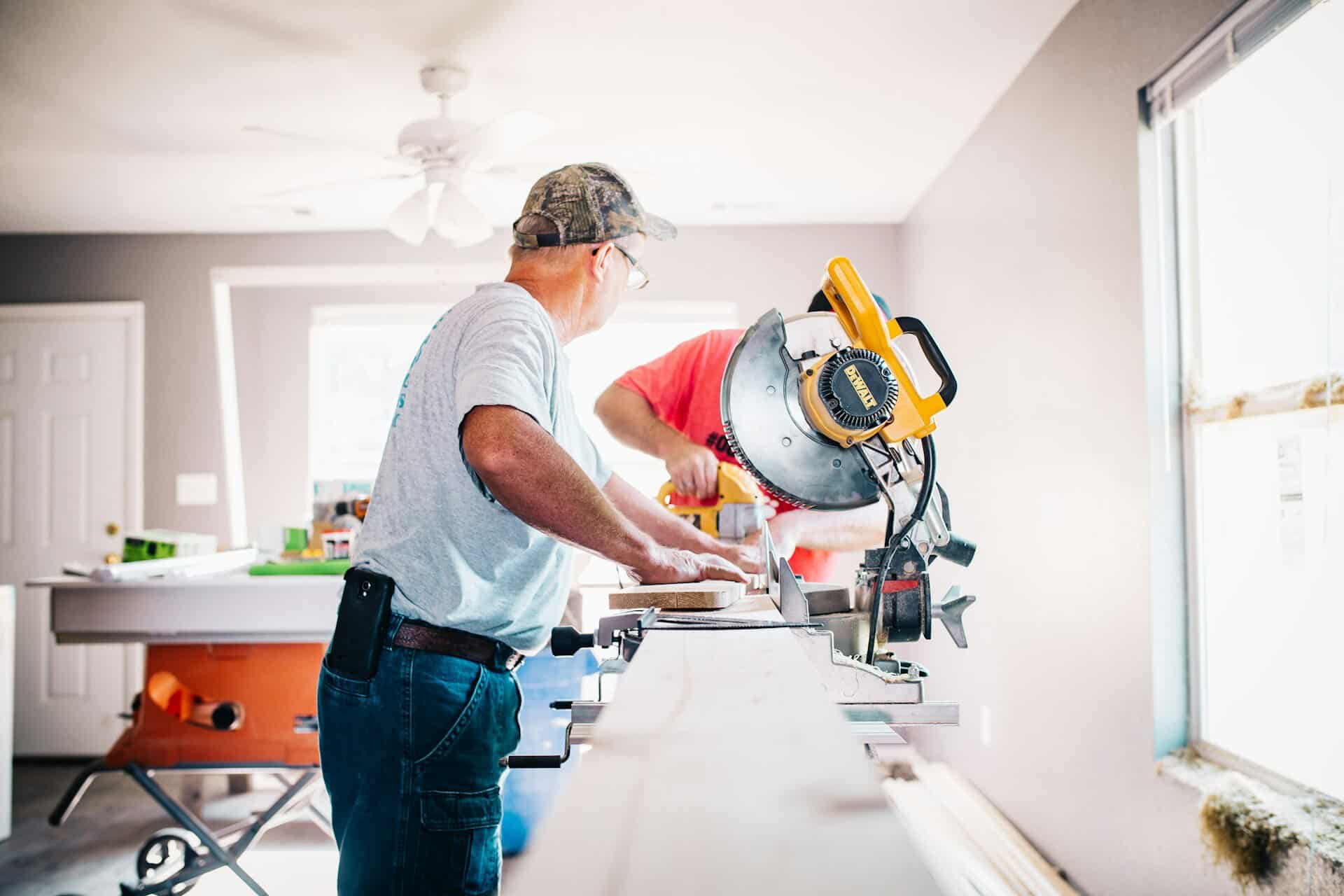If you are looking to renovate your investment property, you will want to consider assessing the scrap value of any assets you plan on demolishing or throwing away.
Did you know that assets that are going to be thrown away or “scrapped” can be claimed for 100% of their current value as a loss?
What’s more, is you can offset that loss from your taxable income.
This will undoubtedly boost your cash flow.
In this article, we’ll break down exactly what you need to know to make the most of all your assets – even if you’re throwing them in the bin!
What Is Scrap Value?
Scrap value is the loss in value of an asset, in your investment property, that you’re demolishing or throwing away when you’re doing a renovation or replacing it with something new.

Example:
Charly is currently renovating her investment property.
She plans to rip up the carpets and to replace it with wooden floors. Instead of just ripping the carpet out and throwing it away, Charly calls a quantity surveyor to assess the carpet’s scrap value.
The scrap value of the carpet will be its original value minus the value at the time it’s being ripped out.
So, if the carpet originally cost $1,500 and at Charly has already claimed $600 in depreciation, the value of the carpet at the time of disposal is $900 – this would be scrap value:
$1,500 (original value) – $600 (deducted value to date) = $900 (scrap value)
Charly can claim the $900 as an instant deduction in the same financial year.
Charly may be doing the renovations to upgrade her investment property value, but because she’s essentially ripping out $900, she can count that as a loss in value, and that’s what scrap value is.
How Can Claiming the Scrap Value Benefit You?
By claiming the scrap value of an investment property asset as a loss, you can reduce the amount of taxable income you submit on your annual tax return.
This can help with your cash flow and could be the difference between having your property negatively geared or having it generate a profit.
The amount you receive back is dependent on the income tax bracket you fall under.
Suppose Charly falls under the 32.5% tax bracket, scrapping an asset and claiming it as a loss will allow her to claim back 32.5% of that value:
$900 x 32.5% = $292.50
So, she is eligible to claim $292.50 back on her tax return as a loss.
Instead of just disposing of an asset that is at the end of its effective life, you can increase your cash flow while renovating your investment property by claiming it as a loss.
Assessing the Scrap Value of an Asset
Before starting your renovation, you should get in touch with a quantity surveyor and have them draw up a depreciation schedule for your property.
A depreciation schedule is a report that details the tax depreciation deductions you can claim on your property.
The purpose of a depreciation schedule is to outline the value of both your Division 40 and Division 43 assets as well as how much it has depreciated and will depreciate. This will give you a clear idea of how much you can claim.
The quantity surveyor will need to prepare a schedule both before and after assets are disposed of. Having the starting depreciable value of the assets you’re disposing of will ensure that you’re able to make the most of you claim.
The good news is that the cost of a tax depreciation schedule is 100% tax-deductible.
Can You Claim the Scrap Value for Commercial Property Assets?
Claiming the scrap value of assets when renovating (or during demolition) applies to both commercial and residential properties.
In fact, obtaining a scrapping report is even more relevant when refurbishing or demolishing a fit-out in a property which is particularly relevant in the commercial industry.

For example, suppose a commercial tenant vacates the property and doesn’t remove the fit-out installed during the duration of their lease. In that case, the property owner may be able to claim remaining commercial property depreciation for the items.
Or, if you need to get rid of the asset, instead of just paying the fees to have a company remove the fit-out, a scrapping report can be obtained to immediately write-off the fit-out as a loss.
Example
David owns a small coffee shop and has decided to update the shops’ fit-out.
He contacted a Duo Tax quantity surveyor to organise a scrapping report before starting the fit-out renovation.
The scrapping report found that the total scrap value of the removed fit-out came to $31,000. His new fit-out plant and equipment assets totalled to $57,000.
By combining the scrap value deduction and claiming depreciation on his new assets, David can benefit from claiming a significant deduction of $88,000!
Key Takeaways
Claiming the scrap value of an asset that you would have otherwise thrown away can significantly increase cash flow and tax savings – especially if you’re undertaking a major renovation or demolition.
It’s essential to get your hands on a scrapping report to help identify the original assets’ value and ensure that you’re getting the most out of your claim.
If you’re about to undertake a renovation, the best practice is to have the assets valued before starting the renovation or demolition.
As a team of property investors ourselves, we, at Duo Tax, understand that every dollar counts. We’ve got the expertise to help you maximise the return on your investment.
To receive a free estimate on your scrap value, or to request a sample report, get in touch with us today!

Ready to get started?
Talk to one of our friendly property experts to get a free quote or more Information.










